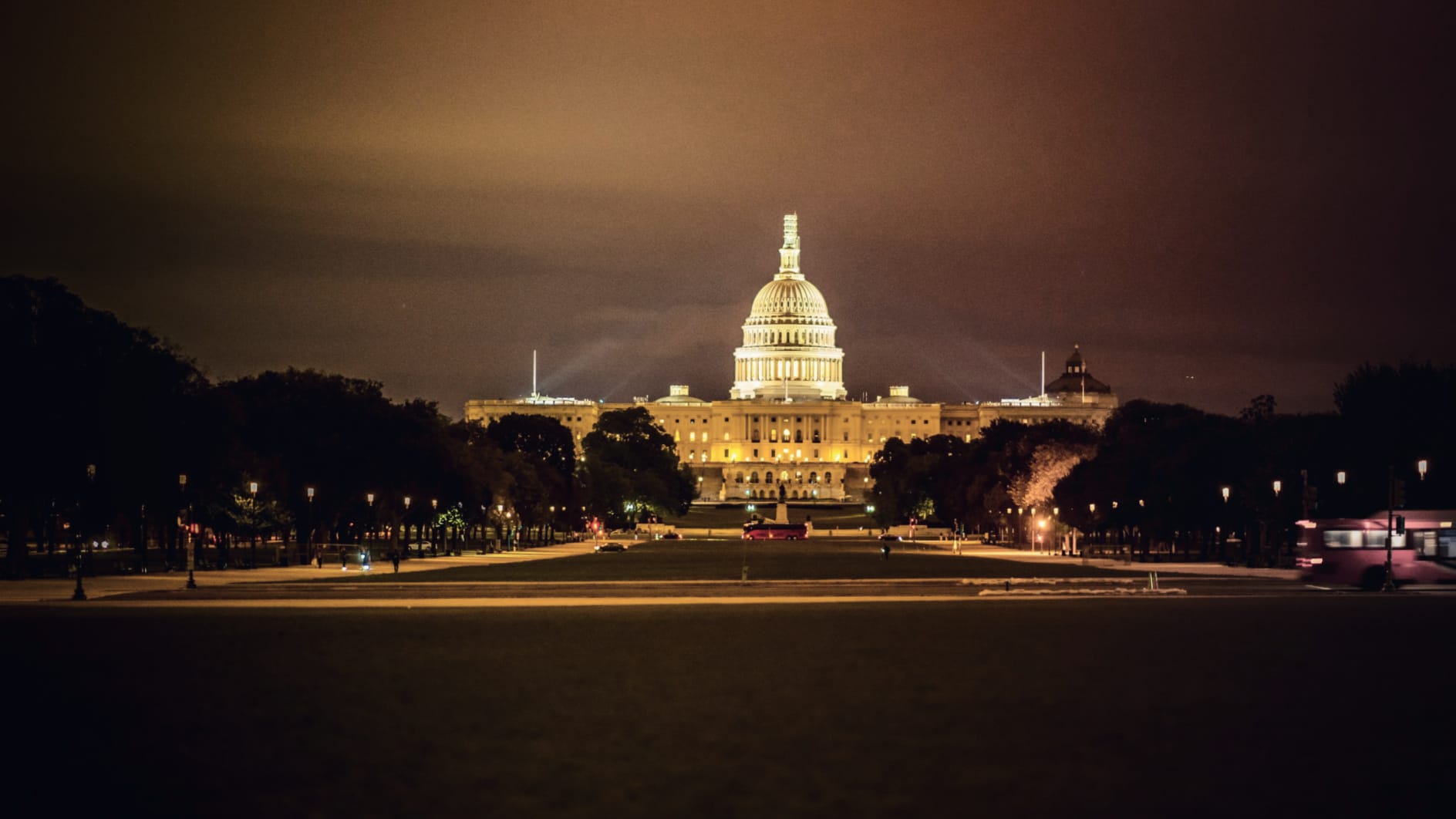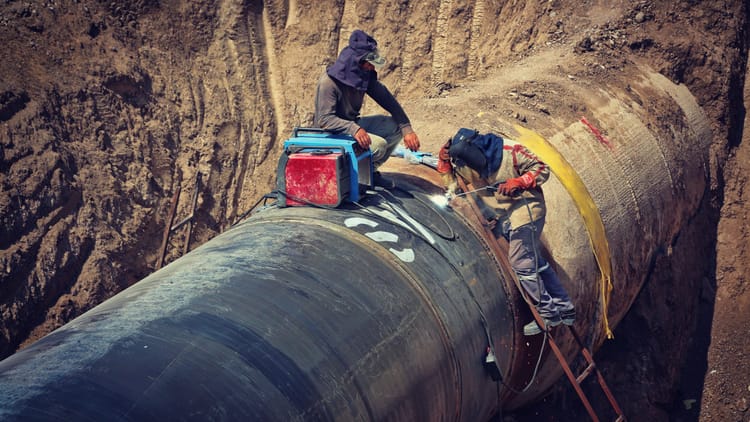A ‘known unknown’

In late July, the United States Department of Defense said it would no longer participate in events with think tanks that put “America last.” Their stated intent is “to ensure the Department of Defense is not lending its name and credibility to organizations, forums and events that run counter to the values of this administration”—above all, those that promote “the evil of globalism.”
Meanwhile, however, a string of recent reports indicates a considerably less abstract issue that the U.S. administration appears unconcerned with: Foreign governments are pouring money into think tanks across Washington.
The Atlantic Council, for example—where U.S. secretaries of state often go to launch new foreign-policy initiatives—is one of the most influential. Yet the Atlantic Council has taken more than US$20 million from foreign governments over the last six years. Those giving significantly aren’t just donors; they’re “strategic partners.” And leaked emails show that one such strategic partner, Yousef Al Otaiba, currently the United Arab Emirates’ U.S. ambassador, was given the opportunity to provide comments on a draft report about American policy towards Iran.
Foreign-government funding works in subtler ways, too. For instance, following the 2018 murder of Jamal Khashoggi by Saudi intelligence operatives, the Center for American Progress (CAP) prepared a statement that called for the U.S. government to impose specific punitive consequences on Saudi Arabia. But in the published statement, CAP merely recommended that Washington “take additional steps to reassess” its relationship with Riyadh. Coincidentally or not, one of CAP’s top donors is Saudi Arabia’s own strategic partner, the Emirates.
Think tanks operate under all kinds of mission statements, most of them lofty, all of them costly to execute against. Fortunately, they can count on foreign governments to help meet those costs. But where exactly does that money come from—and what kinds of interests are behind it?
Ben Freeman is the director of the Democratizing Foreign Policy program at the Quincy Institute and the co-creator, with Nick Cleveland-Stout, of the Think Tank Funding Tracker, where you can look up which think tanks take how much money from which foreign governments.
From 2019 through 2023, Freeman says, foreign governments spent more than US$100 million on funding American think tanks. For the most part, the money comes from America’s formal allies. The United Kingdom, for instance, spends millions on American think tanks. But so do what Freeman calls America’s “autocratic friends,” principally the Emirates, Qatar, and Saudi Arabia—all signing multi-million dollar checks on the regular. As mightn’t surprise you, they aren’t doing it out of sheer generosity, either; they’re buying influence—over the American democratic process.
But what may be even more concerning, Freeman says, is that so much of this money remains untraced. With disclosure being voluntary, many think tanks simply refuse to say who their funders are or how much they’re funding. And so it’s entirely possible—in fact, very likely—that they’re systematically covering up donations from certain governments. Is it plausible, for example, that out of the more than $100 million foreign governments gave to American think tanks in recent years, only $10,000 comes from the People’s Republic of China? Freeman says we have reasons to believe it’s not …
Gustav Jönsson: A lot of people will have heard of think tanks, but what exactly do they do?






